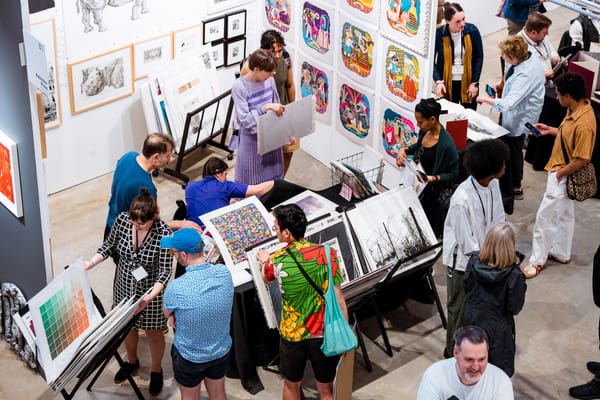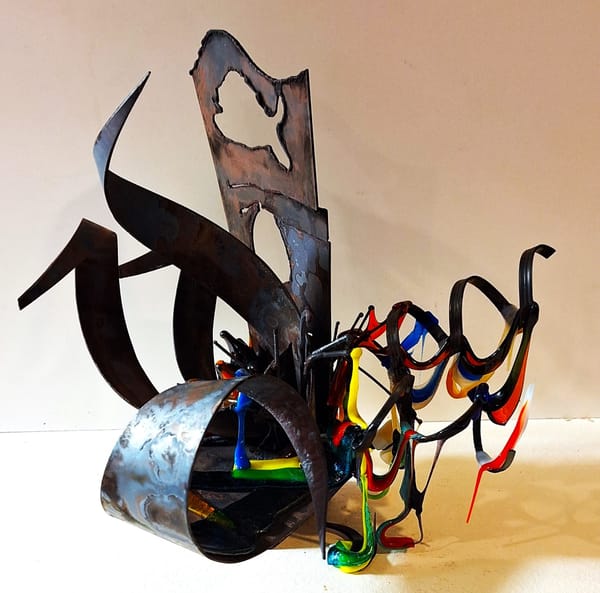There’s Something for Everyone at This Year’s Japan Cuts
One of the most underrated film festivals in New York, each year it presents an accessible and engaging collection of recent Japanese cinema.
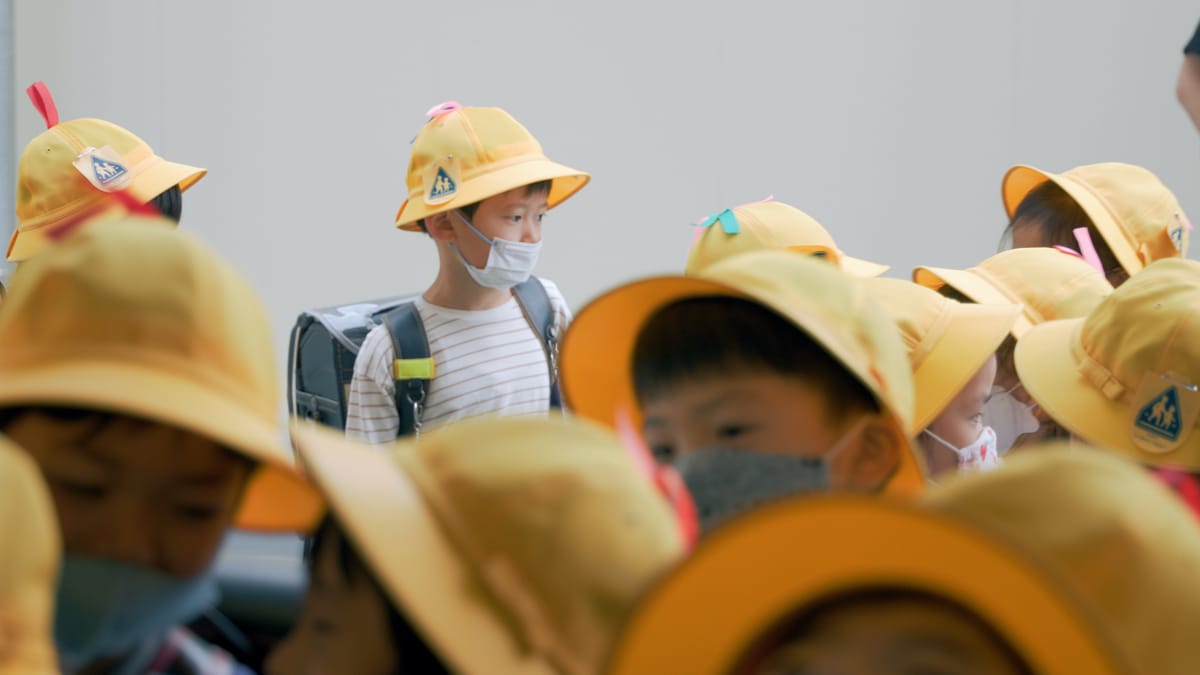
Japan Cuts is one of the most underrated film festivals in New York, each year curating an accessible and engaging collection of recent Japanese cinema. The 2024 edition is no exception, with a strong selection of classic films accompanying a diverse array of animation, documentary, historical, and dramatic works, and several titles of particular interest for art lovers.
Two adaptations of popular manga deal directly with artistic creation. Blue Period, based on Tsubasa Yamaguchi’s series, follows a high school student who awakens to a love of painting and strives to get into a prestigious art school. Look Back, an animated short based on the novella-length comic by Tatsuki Fujimoto, is a self-reflexive exploration of manga-making that traces the ways two kids who collaborate on amateur comics grow apart over time, and how mutual admiration and jealousy moves them both to improve their craft.
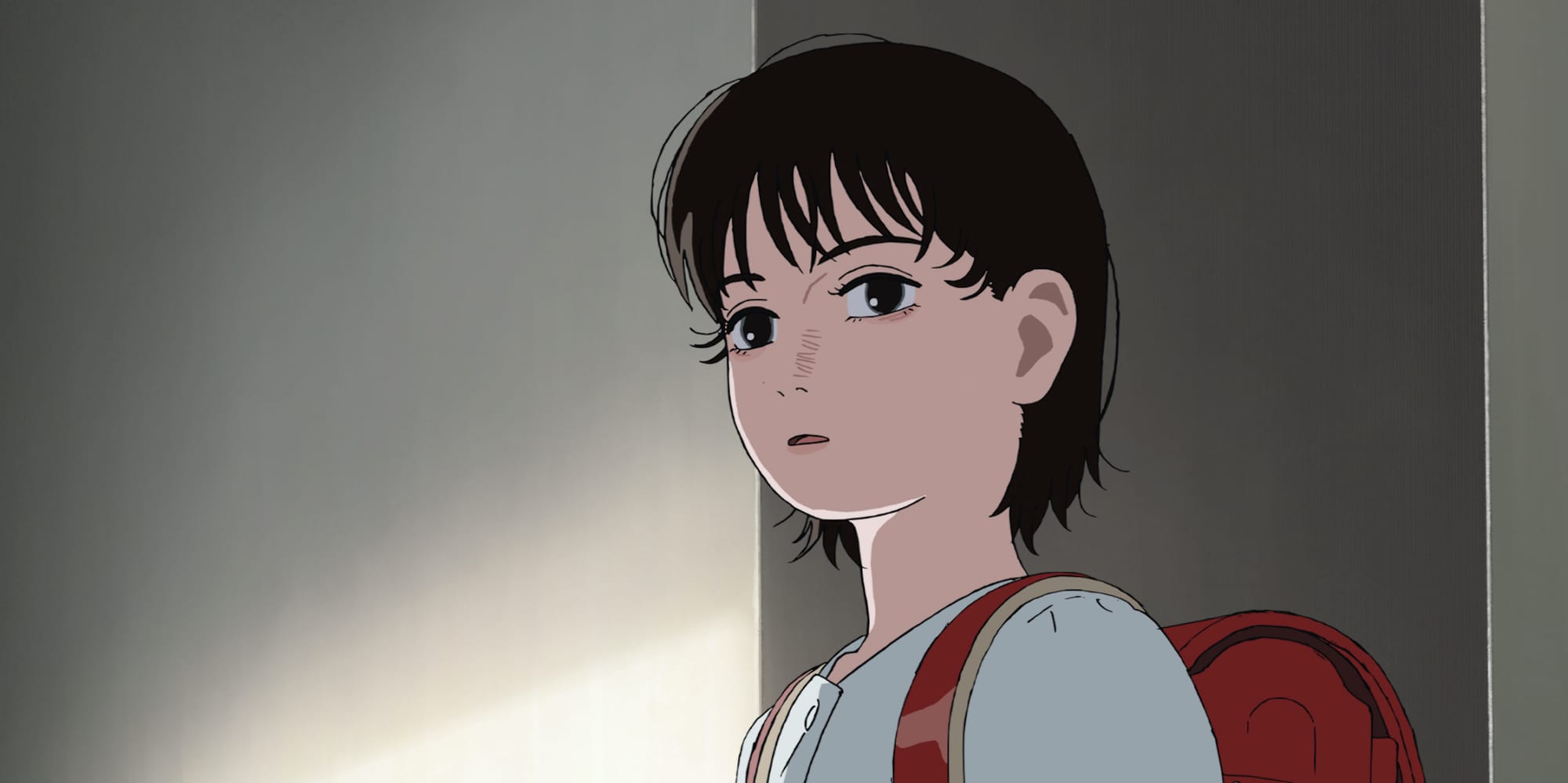
In a similar vein, the animated Nezumikozo Jirokichi (part of a shorts program) imagines the production of the 1930s feature of the same name, one of many now-lost titles by Sadao Yamanaka, who was immensely prolific before he died at age 28 in World War II. The film pools the talents of several titans of anime: Masao Maruyama and Taro Maki as producers, Akira director Katsuhiro Otomo as character designer, and legendary animator Rintaro as director — his first time in this role in 14 years.
There’s an emphasis on creation in the festival’s nonfiction picks as well. Kadono Eiko’s Colorful Life is a biography of the celebrated (and, at 88, still vigorous) children’s book author, best known for Kiki’s Delivery Service, which was the basis for Studio Ghibli’s beloved film of the same name. On the other end of the audience spectrum is Shunga, about the rich history of erotic printmaking in Japan. Rounding out the documentary section is The Making of a Japanese, which follows children across their first or last year of elementary school in Tokyo’s suburbs. Director Ema Ryan Yamazaki, who is of both Japanese and British descent, describes how her quasi-outsider status in the country gives her a unique perspective on this facet of its society.
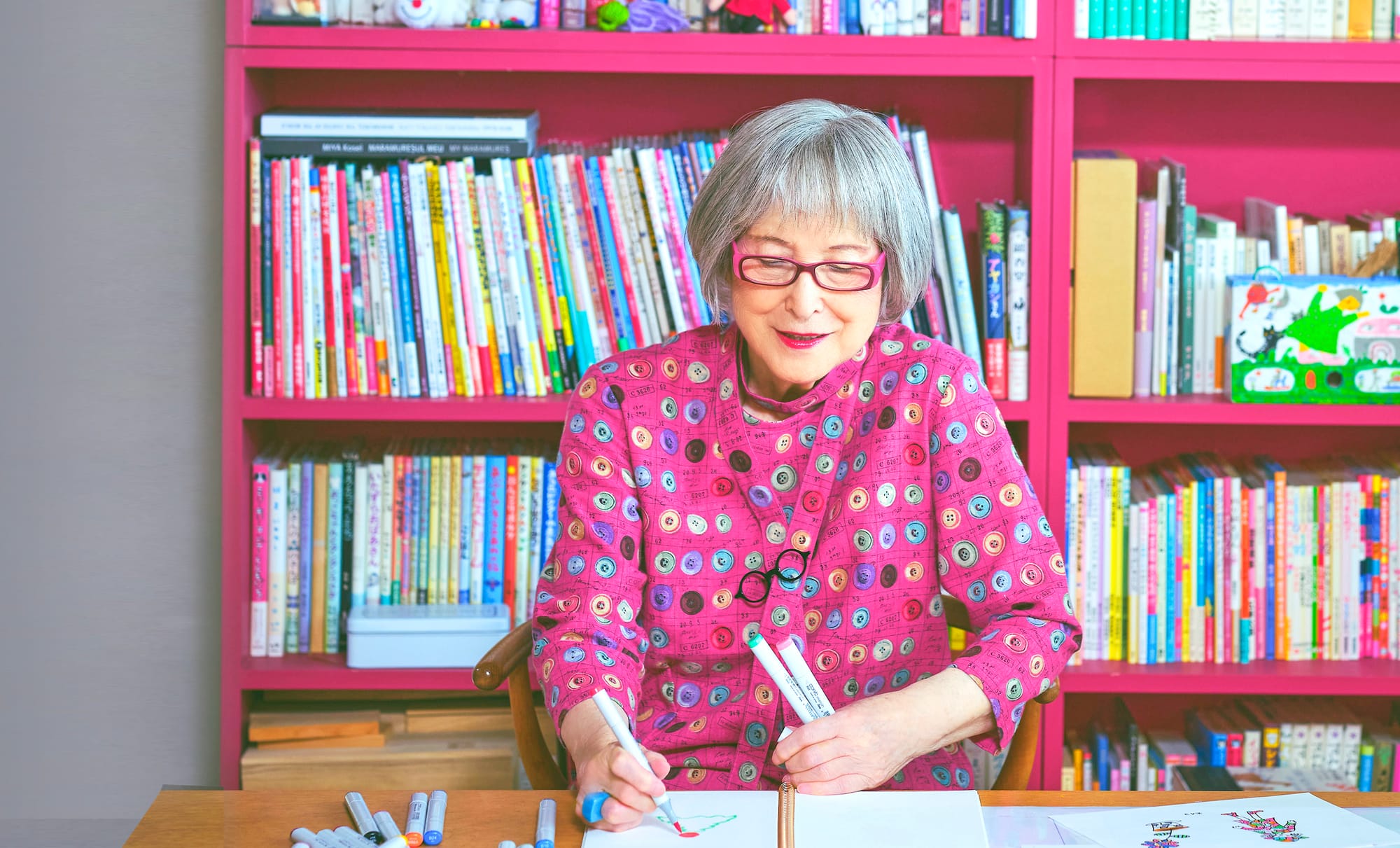
Some high-profile genre titles are at the fest as well. These include special screenings of 2016’s Shin Godzilla, which reimagines the iconic monster attacking in the present day through electrifying rapid-fire editing. This is the international premiere of the film’s “orthochromatic” version — a high-contrast black and white that emphasizes blacks and grays, approximating the look of the original 1954 Godzilla. And veteran director Takeshi Kitano’s longtime passion project Kubi puts a new, irreverent spin on the samurai film, retelling an episode in Japanese history by positing multiple famous figures as queer and entangled in a complicated web of romantic jealousy.
Cult independent filmmakers have a strong showing at this year’s festival as well. Shunji Iwai, director of underrated classics like All About Lily Chou-Chou, is back with Kyrie, a three-hour epic about a woman who cannot speak and only communicates through singing. Gakuryu Ishii has two films at the festival. His 1995 experimental sci-fi romance August in the Water, which seldom screens and is extremely difficult to obtain on home media, will be shown on 35mm. And his latest feature, The Box Man, adapts the novel by Kōbō Abe, one of Japan’s most respected Modernist writers, in which a man observes life around him through a slit in a cardboard box. That 30-year interval between the two films aptly sums up the breadth of visions on display at Japan Cuts.
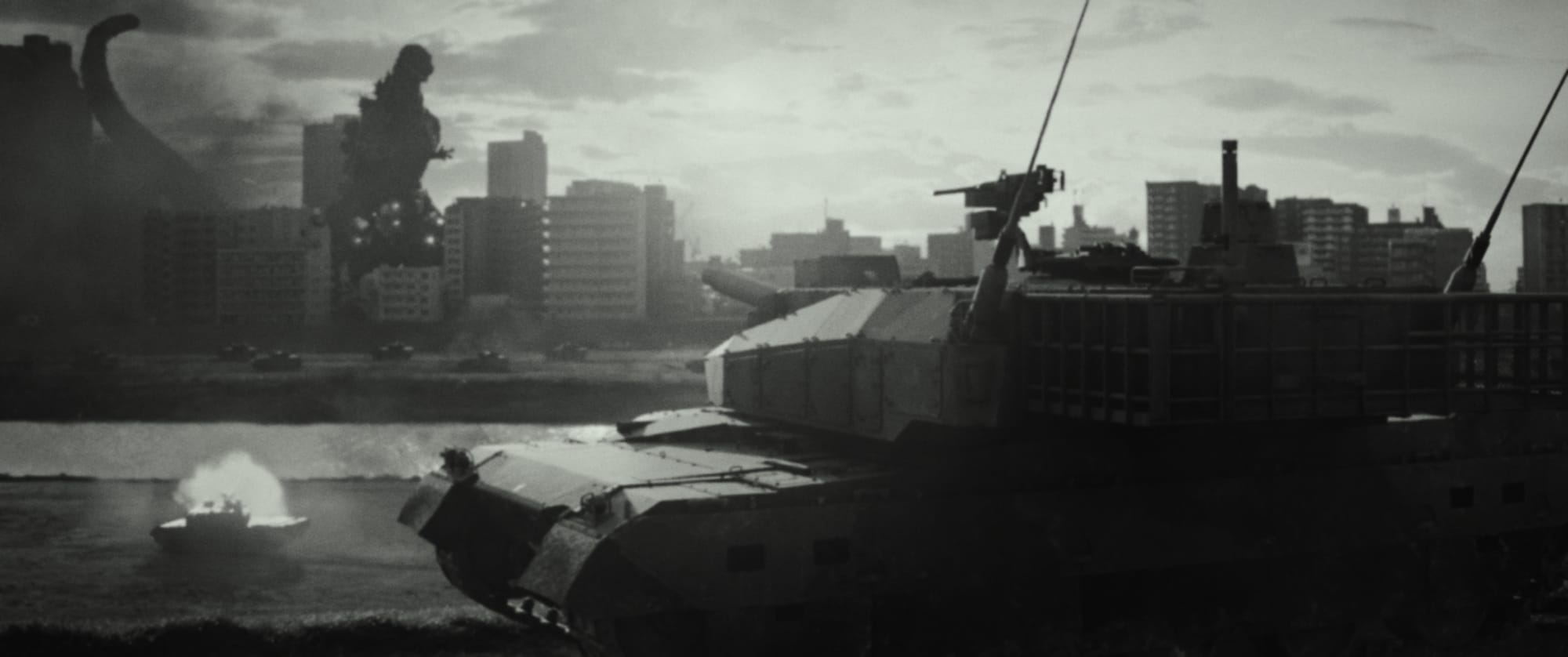
Japan Cuts runs July 10–21 at Japan Society (333 East 47th Street, Turtle Bay, Manhattan).



